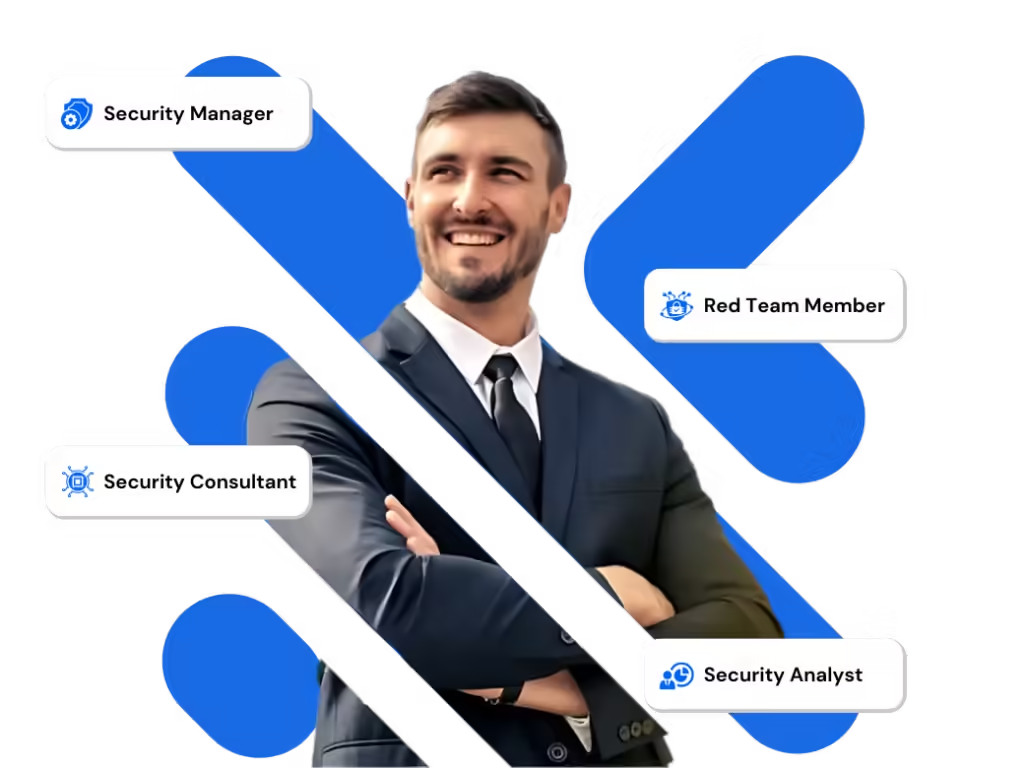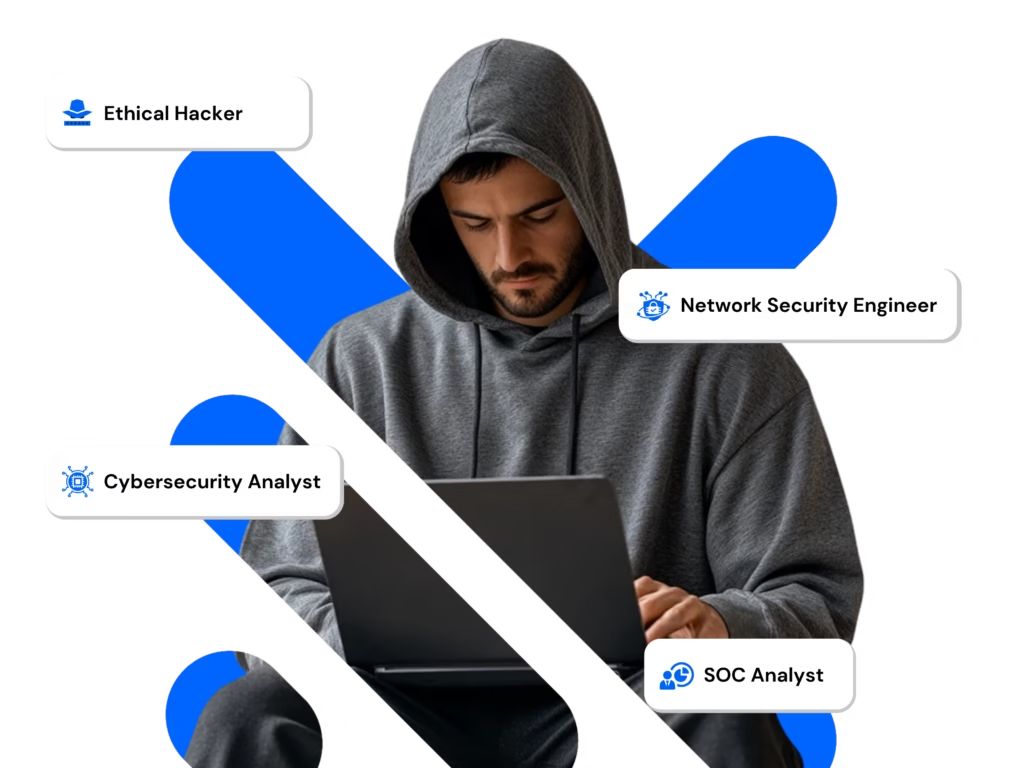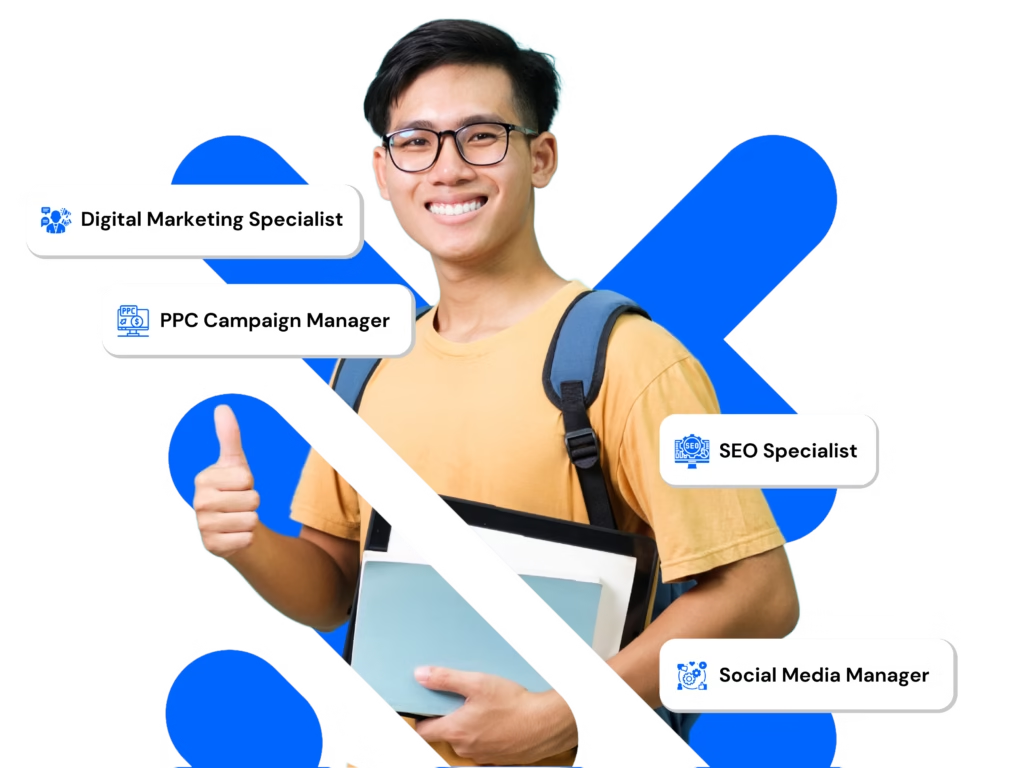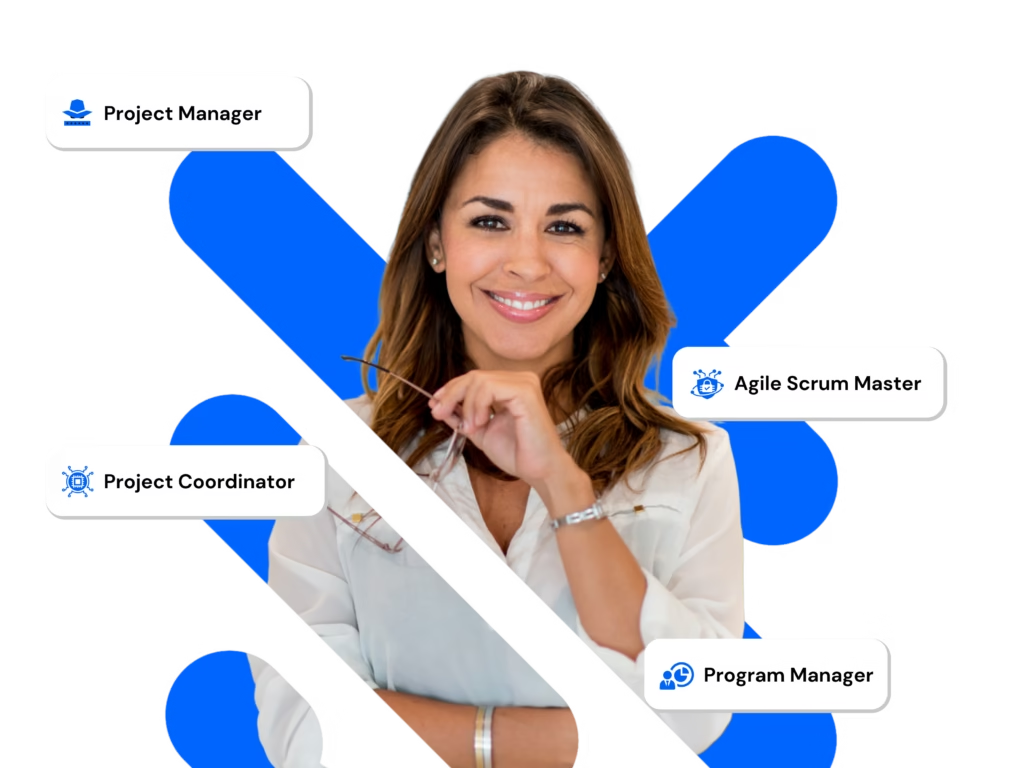Interested in pursuing a career in software and web development ? Opportunities in the tech sector are endless, but getting started can be overwhelming. With a clear road map, this guide helps you navigate everything from selecting your area of expertise (frontend, backend, or full-stack) to learning in-demand skills and securing your first job. Even if you have no prior knowledge, you’ll discover exactly what to study, how to create a strong portfolio, and where to look for the finest chances. We’ll show you how to progress from novice to employable developer, regardless of your goals: building websites, mobile apps, or complex software systems. Ready to begin writing code for the future? To accelerate your achievement, investigate Sense Academy’s tried-and-true programs.
Table of Contents
Understand what is Software and Web Development

By 2025, low-code/no-code platforms, Web3, cloud computing, and AI-assisted coding will have changed the software and online development landscape, making it easier and faster. These trends lower technological barriers and allow organizations to innovate effectively. In order to provide current digital solutions, key positions including front-end, back-end, full-stack, dev-ops, mobile app, and AI/ML developers are still in great demand. Because of the industry’s continued rapid evolution, developers must remain flexible and knowledgeable about new technologies.
visit full-stack-web-development-certification-course to enroll.
GitHub Copilot and other AI-powered tools boost productivity, and Web3 brings decentralized apps and blockchain connectivity. Scalability still depends on cloud computing, and low-code platforms enable use of programs by non-developers. Because they are experts in their fields, specialized developers produce software that is reliable, safe, and efficient. Being adaptable and always learning are essential for success in this fast-paced industry as technology develops.
Choose Your Development Path
The goal of frontend development is to create visually appealing user interfaces with HTML, CSS, JavaScript, and frameworks such as React and Vue. Backend development uses database administration and programming languages like Python, Node.js, Java, and PHP to power the server-side logic. In order to create end-to-end apps, Full-Stack Development combines frontend and backend expertise. Mobile development uses native languages like Swift and Kotlin or cross-platform frameworks like Flutter and React Native to support the iOS and Android platforms. Specialized fields that offer specialized knowledge for innovative solutions include AI/ML, Blockchain, cybersecurity, and DevOps. Serving a range of corporate demands, each domain is essential in forming the digital landscape. As technology advances, becoming proficient in these fields leads to fascinating job prospects in software development.
Learn the Essential skills and Technology

Develop these key abilities to succeed in technology: Learn the basics of programming, such as variables, loops, and OOP. Learn the fundamentals of HTML, CSS, and JavaScript for web development. Examine frameworks and libraries like Django, Angular, and React. Use GitHub and Git to manage versions. Recognize SQL and NoSQL databases, such as MongoDB. Work with cloud services (AWS, Azure) and RESTful APIs. Create a solid base to succeed in the digital sphere. To keep your competitive advantage, practice constantly and keep up with new developments in technology.
Select the Right Learning Resources
Selecting appropriate learning materials is essential to become proficient in programming. For a basic understanding, start with free resources such as W3Schools, MDN Web Docs, or FreeCodeCamp. Investigate online classes on sites like Sense Academy, Udemy, Coursera, or edX for structured learning. Coding bootcamps in Full-Stack, Data Science, or AI can help you advance your abilities if you’re more of an intensive learner. Podcasts and YouTube channels (Traversy Media, Fireship) give interesting, useful lessons, while books like Eloquent JavaScript and Clean Code offer in-depth insights. By combining these resources, a comprehensive educational experience is guaranteed.
Read az-400-vs-aws-devops-certification-comparison
Build a Strong Portfolio

Start by developing personal projects that highlight your abilities, such as blogs, e-commerce websites, or to-do apps, in order to develop a good portfolio. Participate in open-source projects on websites such as GitHub to show teamwork and practical experience. Engage in freelancing work on websites such as Fiverr or Upwork to obtain real-world experience and client feedback. Engage in coding challenges and hackathons on websites such as LeetCode and HackerRank to hone your problem-solving skills and enhance your profile with competitive accomplishments. A varied portfolio shows your commitment and adaptability as a developer in addition to your technical proficiency.
Gain Practical Experience
Professional development requires gaining real-world experience, and internships and apprenticeships offer experiential learning in authentic environments. You can use your skills on your own while developing a solid portfolio through side projects and freelancing. Making connections with experts and finding possibilities is facilitated by networking through events like conferences, industry meetups, and LinkedIn. Engaging in practice interviews improves confidence for real job interviews and sharpens communication abilities. Workshops on resume construction guarantee that prospective employers will notice your qualifications. Combining these tactics improves employability and speeds up career progression.
Apply for Jobs and Ace Interviews
Use job-search tools such as Indeed, LinkedIn, and AngelList to find the position you want, and customize your cover letter and CV for each position. Learn Data Structures & Algorithms (DSA) and System Design for technical roles through practice and practice interviews. Develop your soft skills and behavioral interviewing capabilities by effectively articulating your experiences utilizing the STAR approach. To hone answers, increase confidence, and pinpoint areas for development, take part in practice interviews. By connecting with professionals in the field, one can find undiscovered prospects and gain insightful information.
Visit docker-certified-associate-dca to enroll.
Keep Learning and Stay Updated
Continue studying and keeping informed of market developments to remain competitive. To keep up with the most recent advancements, subscribe to tech blogs, newsletters, and podcasts. To demonstrate knowledge, go toward advanced certifications like Microsoft Azure, Google Cloud, or AWS. Continue to improve your skills by picking up new programming languages, frameworks, and artificial intelligence tools. Participate in online courses and practical projects to put your knowledge to use. Attending IT events and networking with professionals can also yield insightful information. Long-term career advancement in the rapidly changing tech sector is ensured by consistent learning.
Also visit blog.hubspot.com/website/become-web-developer
Does becoming a software/web developer require a degree in computer science?
Not at all! Many successful developers are self-taught or finish bootcamps, while degrees might be useful. Your skill set, portfolio, and problem-solving abilities are what really count. Concentrate on developing actual projects and becoming proficient with in-demand technology.
How much time does it take to get ready for a career in web development?
You can find work in six to twelve months if you put in regular effort (20+ hours each week). The learning curve is usually shorter in frontend development than in full-stack or specialized professions. With systematic learning, our Sense Academy programs shorten this timeframe.
Which programming language should I start with?
Start with Python for the backend or JavaScript for the front end of web development. Both are in high demand and suitable for beginners. The “Choose Your Development Path” portion of our handbook assists you in making a decision based on your professional objectives.





